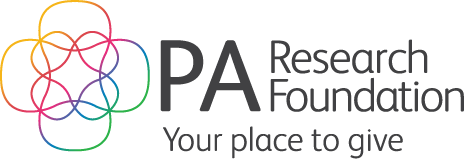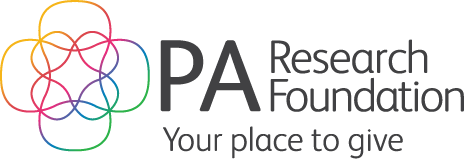
With over a decade of experience and specialising in peritoneal dialysis, Associate Professor (A/Prof) Yeoungjee Cho works part time as a nephrologist with the rest of her time focused on research including in her role as a clinical trialist with the Australasian Kidney Trials Network (AKTN).
“The AKTN supports the investigative role that clinicians and scientists play. Each patient’s situation presents as its own unique challenge with knowledge gaps that can only be filled through experiential learning,” she says
“As clinicians, we are often faced with situations whereby recommendations concerning therapy must be made. These trials attempt to answer questions by seeking quality evidence that informs shared decision.”
The work A/Prof Cho and the AKTN are involved in helps patients with kidney disease including those with kidney failure requiring dialysis to sustain life. Peritoneal dialysis is a treatment that uses the lining of the abdomen, to filter blood inside the body via the insertion of a catheter (a thin medical-grade tube). While such treatment is readily offered, A/Prof Cho says that undergoing dialysis changes one’s lifestyle dramatically.
“A full peritoneal dialysis prescription require treatment to takes place multiple times each day, seven days a week.”
“We often wonder how the delivery of this treatment can be made less burdensome by personalising and tailoring options to meet specific patient needs and experiences.”
Currently, an Australia-led global trial is in the process of being launched to examine the viability of incremental dialysis in lieu of starting patients at a full dose.
“When patients begin their dialysis journey, their kidney functions are not fully impaired and still reserve some ability to clear toxins and other small solutes through the passing of urine,” she says.
“This means that we are theoretically able to introduce dialysis gradually and at a lower dose to leverage against their native kidney function.
“Hopefully, this trial will demonstrate safety, comparable effect on symptom burden whilst allowing patients to regain control of their lives by freeing up time via lowered dose of dialysis delivery.”
A/Prof Cho similarly continues her work on gut health. Specifically, she recently completed microbiome (microbes that live in your body) work that aims to chart how starting peritoneal dialysis changes in bowel motility and the population of microbes in the gut.
“Gut health ties in very closely with peritoneal dialysis. Often, patients experience alteration of bowel frequency, and advised to take laxatives to prevent or manage constipation, which can precipitate increase in symptom burden” she says.
Beyond groundbreaking research and medical innovations, A/Prof Cho also stresses the importance of patient engagement and learning from their lived experience. Ensuring that patients benefit from cutting-edge treatment motivates her continual efforts in expanding individual capabilities beyond her clinical commitments.
“There is still much work that must be done in order for practices to evolve and expand. The community awareness of kidney disease needs to increase.”
A/Prof Cho expressed her gratitude to support for research from funders, including the PA Foundation. She explained how, for instance, donor investments via PAH Foundation provided the opportunity for nursing-led research, which has changed the unit practice.
“Funding interventions by the Foundation supported nurses like Ms Chloe Howard from the peritoneal dialysis unit to conduct clinical trial examining safety and feasibility of psyllium husk to support gut health. The outcome from this research has informed the unit policy and results generated will be disseminated globally to inform practice,” she adds.
“Dialysis is burdensome and life changing. I hope that the future will affords us greater support so that we can prevent disease progression.”
When asked if she had any final advice for readers, A/Prof Cho highlighted the importance of proactiveness of looking after personal health and engaging family doctors for regular check-ups.
“Kidney disease is often a very silent problem until it reaches its end stage.”
You can support kidney research by making the PA your place to give here.




